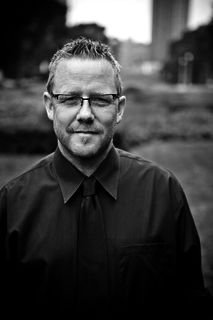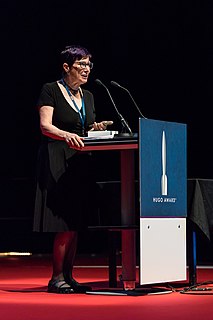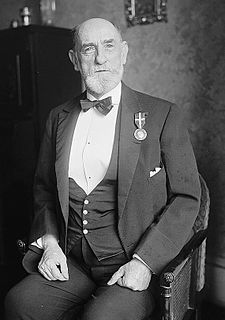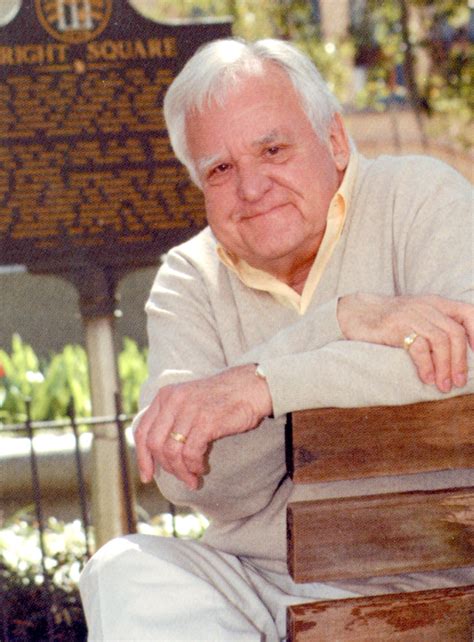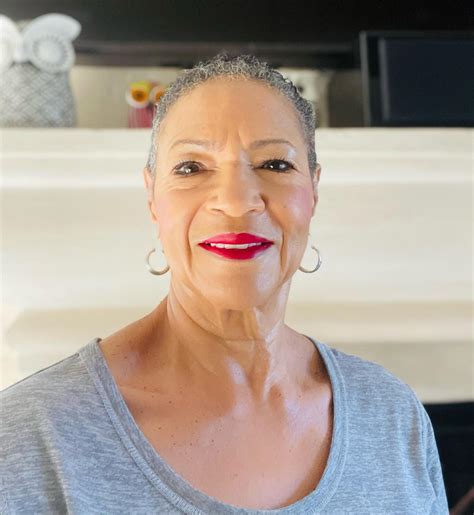A Quote by Alberto Manguel
Libraries, whether my own or shared with a greater reading public, have always seemed to me pleasantly mad places, and for as long as I can remember I've been seduced by their labyrinthine logic, which suggests that reason (if not art) rules over a cacophonous arrangement of books.
Related Quotes
It has always been my experience that, whatever groupings I choose for my books, the space in which I plan to lodge them necessarily reshapes my choice and, more important, in no time proves too small for them and forces me to change my arrangement. In a library, no empty shelf remains empty for long. Like Nature, libraries abhor a vacuum, and the problem of space is inherent in the very nature of any collection of books.
The art of not reading is a very important one. It consists in not taking an interest in whatever may be engaging the attention of the general public at any particular time. When some political or ecclesiastical pamphlet, or novel, or poem is making a great commotion, you should remember that he who writes for fools always finds a large public. A precondition for reading good books is not reading bad ones: for life is short.
The rules that have been imposed, the rules that are already on the books haven't been effective. If you look at the places where the strictest gun control measures, whether it be California, Los Angeles, Barack Obama's home state in Chicago, they're a disaster, and they have the greatest rules in the world.
The thought of these vast stacks of books would drive him mad: the more he read, the less he seemed to know — the greater the number of the books he read, the greater the immense uncountable number of those which he could never read would seem to be…. The thought that other books were waiting for him tore at his heart forever.
All over the world, there are libraries of a sort. They are among the most beautiful places on the earth, and they hold more information than the Library of Congress. Within these libraries are millions of books, each a uniques masterpiece to see and touch. They are teaching this language to scientists. However, so far only one percent of the books have been deciphered. Some tell how to find new medicines; others reveal new things to eat... These treasure houses of knowledge are the ancient forests of our planet.
I have always had a special affinity for libraries and librarians, for the most obvious reasons. I love books. (One of my first Jobs was shelving books at a branch of the Chicago Public Library.) Libraries are a pillar of any society. I believe our lack of attention to funding and caring for them properly in the United States has a direct bearing on problems of literacy, productivity, and our inability to compete in today's world. Libraries are everyman's free university.
And when someone suggests you believe in a proposition, you must first examine it to see whether it is acceptable, because our reason was created by God, and whatever pleases our reason can but please divine reason, of which, for that matter, we know only what we infer from the processes of our own reason by analogy and often by negation.
We like to say the Internet is the ultimate library. But libraries are libraries because people come together and fund them through taxes. Libraries actually exist, all over the country, so why is it such a reach to imagine and to someday build a public institution that has a digital aspect to it? Of course the problem is that libraries and other public services are being defunded and are under attack, so there's a bigger progressive struggle this plays into.
The rhyme always knows better than you, and leads you to places where you wouldn't otherwise have gotten to and that is absolutely the case. Leading off from formal poetry, there is something about when you pay attention to form and you allow it to have its own laws and you listen to those laws you really do end up in places you wouldn't otherwise go. Which isn't to say that I believe in following the rules when I write. I don't. Each of the forms in my books feels to me new.
The system we have is one that protects my rights under a president I don`t approve. That tomorrow we`ll do the same for you. And what people have in common is their commitment to those shared rules. And if you have someone who was a challenger to the shared rules, that`s unacceptable. And we`ve never seen that before. Not in a long, long time but we see it now.

